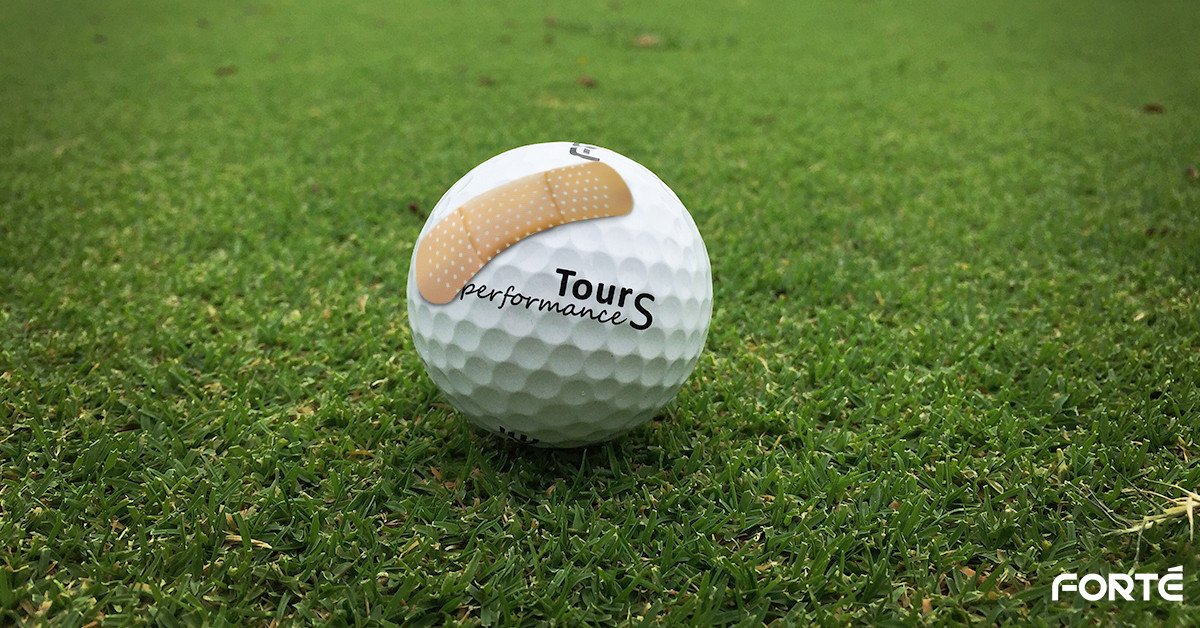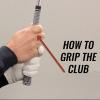How Often Should You Change New Golf Balls

Do you know why PGA golfers change balls after minor scuff? There's a ball test related to this, done by Golf Laboratories, the most authoritative organisation of golf testing. With a robot arm preset to hit brand new golf balls at 229 meters (250 yards), when in contrast, a ball with scratches could lose upto 5.5 meters (6 yards). It sounds like nothing, right? In reality, there's a big difference between five irons with easy swing or six irons with hard swing. There's a rumor you should know: Most players use over half a dozen golf balls in a single round of golf. Apparently every meter matters.
Golf Ball Durability
In fact, a high-quality golf ball cover can be cracked when hit more than 100 times with a driver by professional players. Most golf balls can be hit more than 250 times; after that, the performance will begin to decline. The small scratches on the cover of the spherical shell have small effects on the performance, unless the whole ball is shaved.
Temperature and Water are the biggest Threats to Golf Balls
At temperatures below freezing or above 38ºC (100.4ºF), the polymer at each layer begins to harden or soften, affecting ball speed and spin rate.
Also, it is not good idea to use balls retrieved from a pond; water will penetrate the core, affecting distance and speed. After 2 weeks, golf balls soaked in water see significant reductions in speed.
How to Keep Your Golf Balls and Clubs: Humid Regions V.S. Warmer Regions
As most of you are aware that maintenance of your clubs in either extreme humidity or warmer climate regions usually requires additional attention, the same principles apply to your golf balls, too.
In regions of extreme humidity, golf courses are usually soggy, and mold is more prone to multiply, and they usually do! Make sure you clean your clubs and balls after the round, as mold has the ability to penetrate almost anything.
In extremely warm regions like Australia, plastic and rubber materials will suffer from excessive degradation, and that's what most golf-related components are made of, so this requires extra attention. Do not leave you golf clubs and balls in your boot or stationed in direct sunlight for extended periods of time. This will have negative effects on both clubs and balls.
Check your equipments, and get new balls right NOW.











